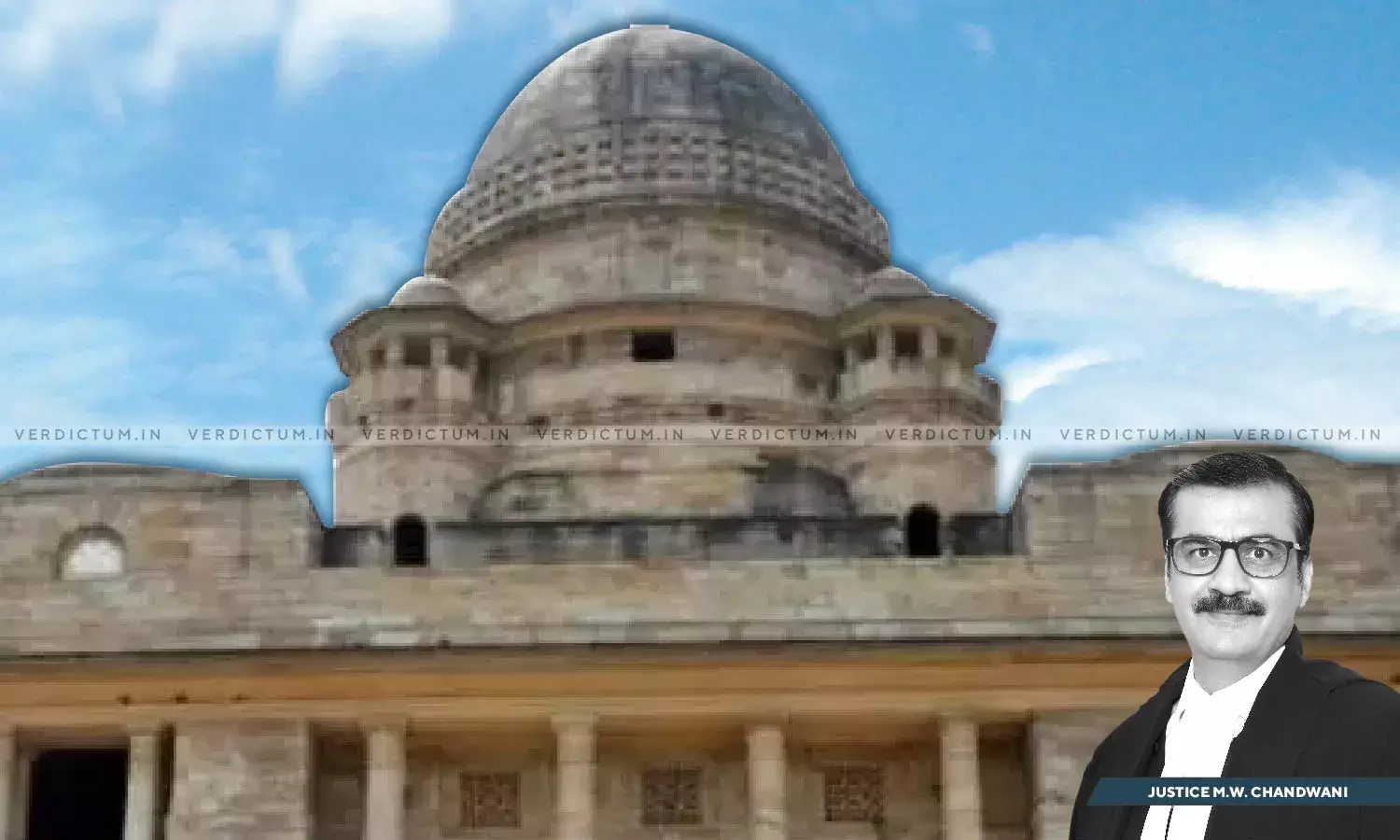Merely Because A Man Resiled From His Promise To Marry When His Parents Disagreed To It, It Doesn’t Constitute Rape: Bombay HC
The Bombay High Court held that, merely because a man has resiled from his promise of marriage as his parents are not agreeable to the same, it will not constitute an offence under Section 375 of the Indian Penal Code (IPC).
The Nagpur Bench held thus in a criminal application filed by a man seeking quashing of a case registered against him for the offence punishable under Sections 376(2)(n) and 417 of the IPC.
A Single Bench of Justice M.W. Chandwani observed, “There is no material on record to show that since the beginning, the applicant had no intention to marry the victim and that he had made a false promise only to satisfy his lust. It is clear from the allegations in the F.I.R. that it is the applicant, who was ready to marry. Merely because he resiled from his promise to marry, since his parents were not agreeable to their marriage, it cannot be said that the applicant committed the offence punishable under Section 375 of I.P.C. In the fact of the present case, no offence is made out against the applicant.”
Advocate J.M. Gandhi appeared for the applicant while APP S.A. Ashirgade and Advocate A.P. Murrey appeared for the non-applicants.
Factual Background -
In 2019, the victim lodged an FIR alleging that she got acquainted with the applicant/accused through her sister and was working as an Insurance Consultant with him. They used to meet and go together for the purpose of work and one day, the accused proposed the victim for marriage, to which she agreed. In 2016, the accused took the victim on his bike for the purpose of work and thereafter to his house and established physical relations with her on the promise of marriage. The said physical relations continued and suddenly, the victim came to know that the accused’s marriage was fixed with another girl and the engagement ceremony was also performed.
On lodging a complaint, the accused was called and he informed to the police that he was ready to perform the marriage with the victim but his parents were not agreeing. The victim went to meet the father of the accused, however, his father refused to agree for the marriage of the accused with the victim. Therefore, she lodged an FIR against the accused and he applied under Section 227 of the Criminal Procedure Code (CrPC) for discharge from the case. However, the Additional Sessions Judge rejected the same and hence, he approached the High Court.
The High Court in view of the facts and circumstances of the case said, “Coming back to the facts of the present case, the history narrated by the victim in the FI.R. reveals that there was a love affair between the applicant and the victim from 2016. Rather, as per her own case, the applicant was ready to marry the victim, but that was not acceptable to the family members of the applicant.”
The Court further noted that as per the WhatsApp chats between the accused and the victim, initially he was ready to marry her, but it was the victim, who denied and informed him that she will marry another boy and that it is only when he got engaged with another girl, the victim lodged the complaint.
“At the most, it is a case of non-fulfillment or a breach of promise on account of circumstances, which the applicant could not have foreseen or which were beyond his control as he was unable to marry the victim, despite having every intention to do so, as explained in the cases of Pramod Pawar and Dr. Dhruvaram Sonar. Thus, the ratios laid down in Pramod Pawar and Dr. Dhruvaram Sonar (supra) are squarely applicable to the facts of the present case”, it added.
The Court also said that even the allegations in the FIR do not on their face value indicate that the promise by the applicant/accused was false. It concluded that the continuation of proceedings against him will be an abuse of the process of law.
Accordingly, the High Court discharged the accused and set aside the order of the Additional Sessions Judge.
Cause Title- Gaurav v. State of Maharashtra & Anr. (Neutral Citation: 2024:BHC-NAG:1273)




